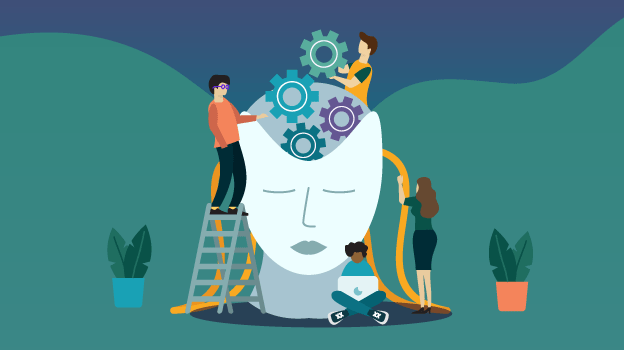
4 Things to consider when training Generation Z
Millennials consist of the majority of the working individuals today. Just as their ways have become more or less the norm in most corporations, a newer generation shows great promise of bringing about an even bigger revolution: Generation Z. Early indicators show that Gen Z are increasingly self-aware, self-reliant, prone towards innovation, and goal-oriented.
Very tech-savvy and with good self-teaching skills, they can perform rather complex tasks even before they get a degree in a certain field. It’s clear that they will have a huge impact once they enter the workforce. Hiring, onboarding, and training them will pose unprecedented challenges for the HR and L&D departments. Here are some things HR and L&D professionals should consider when dealing with this young digital tribe:
-
They are true to their values
Gen Z will be genuinely engaged in an organization that has an honest and transparently professed mission statement. It has to be politically correct, environmentally aware, and promote equality. Connecting the corporate identity to these well-informed, outspoken individuals requires being able to incorporate corporate training with informal learning and ensuring everything is both digital and engaging.
-
They love to collaborate and to compete
Gen Z values interaction through social media and as a result appreciates that sense of community and the opportunity to wager in the construction of corporate identity and culture. They would rather be a part of something that is evolving with them than step into something that is already set and reluctant to transform. All learning should be social, whether it is on the job or in formal sessions. Gamification works wonders with this generation who loves to see their names on leaderboards.
-
Mobility is paramount
E-learning is their primary preference when it comes to education. They are, after all, accustomed to consuming online content whether it is entertaining or informative. The key is finding the right balance between the needs of the learners and organizational goals.
E-learning can be backed up by one to one coaching or hands-on learning where a set of specialized skills are required. Since we are talking about people who have a strong connection to their personal mobile device, it is important that all content be accessible through it.
-
Readiness to adapt
Most learning platforms already have features that connect learner activity outside recommended courses. It is the first step in integrating informal learning into formal training. This connectivity has to be perfected so that the platform will function very similarly to the social media sites that Gen Z are used to – the ability to filter out irrelevant content, to send notifications and to offer an altogether pleasant user experience. It’s also good to take soft skills into consideration – communication, problem solving, time and project management are all essential in the modern workplace.
Resources
- Gen Z Research – 2017 National Study on Generation Z
- Gen Zs never watch TV, are stressed about Snapchat, and are concerned that technology has ruined their mental health — here's what it's REALLY like to be a teen in 2018
- Brilliance by Design: Creating Learning Experiences That Connect, Inspire, and Engage
Visit our Blog for insightful posts on training and e-learning.







